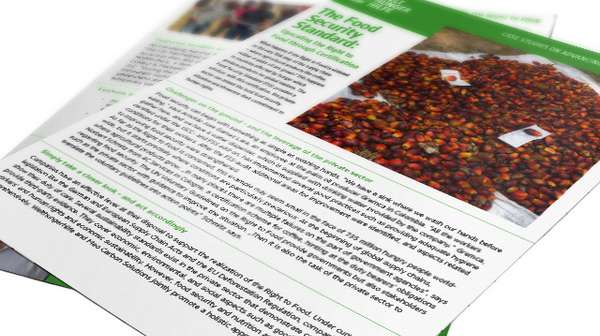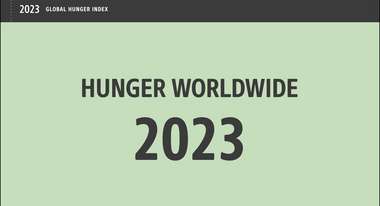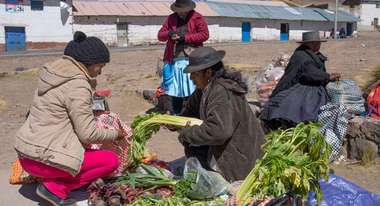How Welthungerhilfe and Partners work together on Advancing the Right to Food around the world
Right to Food
Zero Hunger is not a dream, but an obligation for the global community
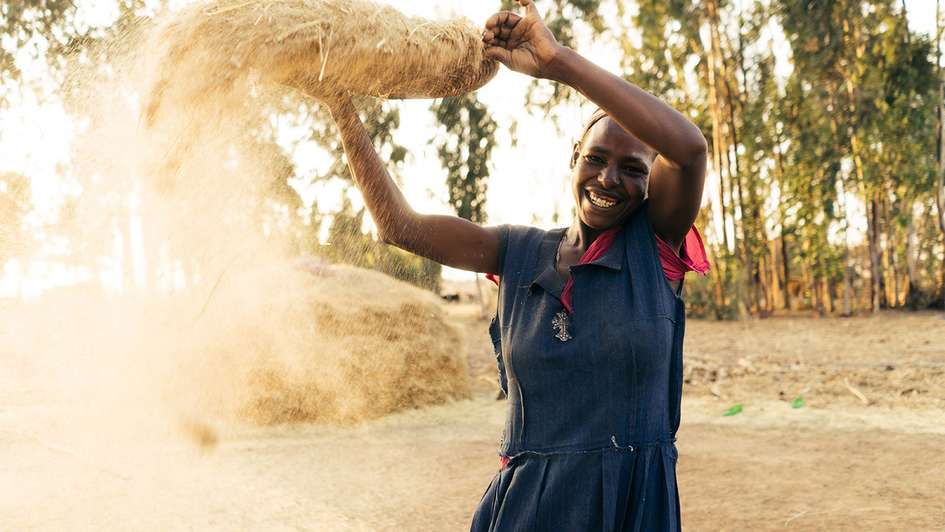
Every human has the right to adequate, sufficient, and healthy food – this is stated in Article 11 of the International Covenant on Economic, Social and Cultural Rights. 162 countries have committed under international law to respect, protect and ensure the human right to food.
Despite this, 735 million people are going hungry. Global agriculture produces enough food for everyone, but it is distributed extremely unequally. Those who have money can afford healthy food. Those who have no money go hungry or are malnourished. The sustainability goal Zero Hunger by 2030 is therefore not a matter of production, but of justice.
Creating fair conditions – in the North and in the South
Welthungerhilfe (WHH) places the human right to food at the center of all our activities. Therefore, we take the following position: Emergency assistance measures and development cooperation program are not an expression of charity. Every country has an obligation to create the necessary framework conditions for a world without hunger. And not only in the Global South – industrial nations like Germany also bear responsibility. Climate change is aggravating the enormous problems of food and nutrition security, particularly for smallholder families in rural areas.
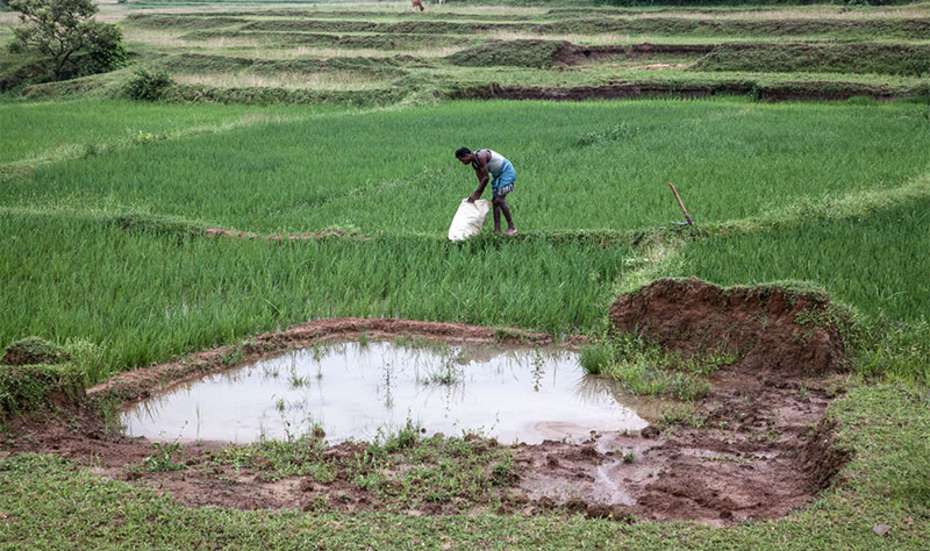
Persistent engagement at all levels
WHH projects' concrete work and political advocacy on the right to food go hand in hand. Holistic approaches, such as LANN+ promote rural development as well as the strengthening of civil society. In grassroots groups and training sessions, smallholders learn about their rights. They identify structural inequalities, develop solutions and hold the local administration to account. At the global level, WHH is engaged with many committees and networks for the realization of the right to food.
Focus of the Advocacy Work:
- Securing access to land, water, and seed
- Coordinating agricultural, energy, and trade policies
- Dismantling structural inequalities between and within countries
- Overcoming causes of flight – promoting the prevention of conflicts and crises
- Stemming the causes of climate change – minimizing impacts
- Strengthening civil protection and disaster risk reduction
Using existing instruments – increasing international pressure
The most important instrument for the Welthungerhilfe Advocacy Strategy is the ‘Voluntary Guidelines to support the progressive realization of the right to adequate food.' In 2004, the member states of the United Nations agreed to guarantee everyone access to essential resources such as land, money, seed, and knowledge for healthy and culturally appropriate nutrition. The guidelines correspond to the core mandate of WHH: A world without hunger - Zero Hunger.





